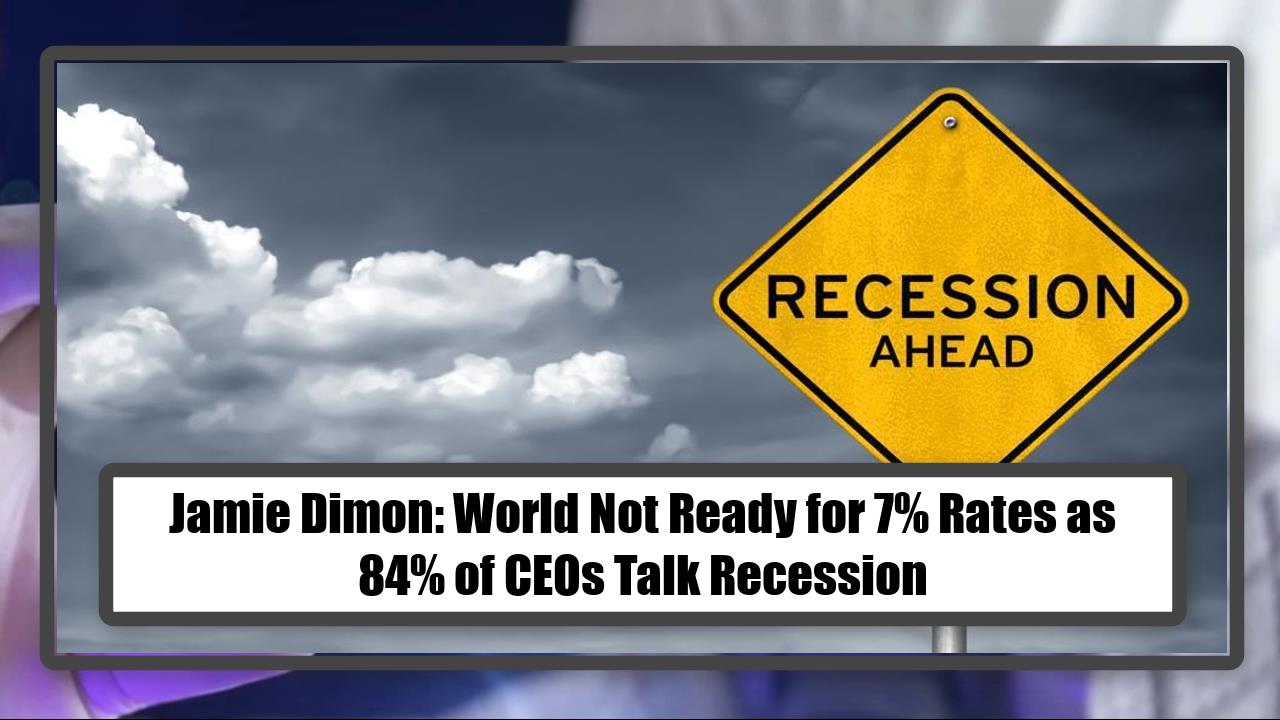Video:
Take our online poll:
AI Analysis:
Predicting a future recession is complex, and economists and experts use a variety of indicators to assess the likelihood of an economic downturn. Some of the key factors and warning signs that can signal a potential recession include:
1) Inverted Yield Curve: An inverted yield curve occurs when short-term interest rates are higher than long-term interest rates on government bonds. Historically, this inversion has often preceded recessions.
2) Economic Growth Slowdown: A significant decline in economic growth, often measured by the Gross Domestic Product (GDP), can be an indicator of a recession.
3) Employment Trends: Rising unemployment rates, job losses, or a slowdown in job creation can be a warning sign of a recession.
4) Consumer and Business Confidence: A drop in consumer and business confidence can lead to reduced spending and investment, which can contribute to a recession.
5) Manufacturing and Industrial Activity: A decline in manufacturing and industrial production can indicate a weakening economy.
6) Inflation Trends: Persistent deflation or disinflation (a decrease in the rate of inflation) can signal economic trouble. High inflation can also be a concern.
7) Financial Market Volatility: Unstable financial markets, stock market declines, and a loss of investor confidence can contribute to a recession.
8) Housing Market Indicators: A sharp decline in home prices, a housing market bubble, or a slowdown in housing construction can be early signs of an economic downturn.
9) Global Economic Conditions: International economic factors, such as trade tensions or global economic slowdowns, can affect a country's economy and contribute to a recession.
10) Consumer Spending Patterns: A significant reduction in consumer spending, which is a significant driver of economic activity, can be a sign of an impending recession.
11) Government Policies and Fiscal Measures: Fiscal policies, such as changes in government spending and taxation, can impact economic conditions and contribute to or mitigate the risk of a recession.
12) Geopolitical Events: Unexpected geopolitical events, such as conflicts or trade disputes, can disrupt economic stability.
It's important to note that these indicators are not definitive, and they often work in combination. A single indicator might not be enough to predict a recession accurately. Economists and policymakers use a combination of these indicators and conduct ongoing assessments to make informed decisions.
It's also worth emphasizing that the timing and severity of recessions can vary. While these factors provide valuable insights, economic forecasting is inherently uncertain, and other unforeseen events can impact the economy. Additionally, policies and interventions by governments and central banks can influence economic outcomes.
Chart:

References:


Comments